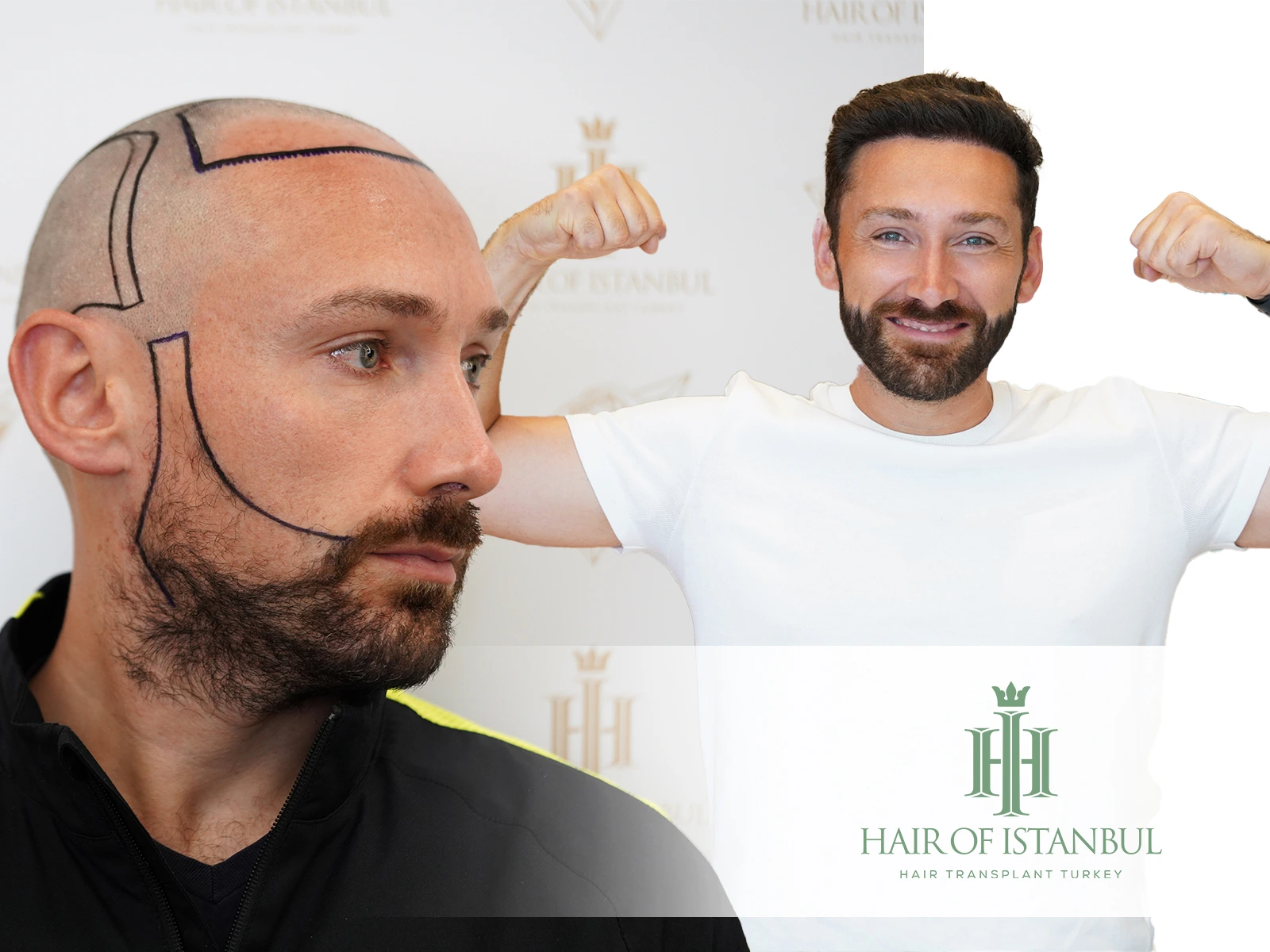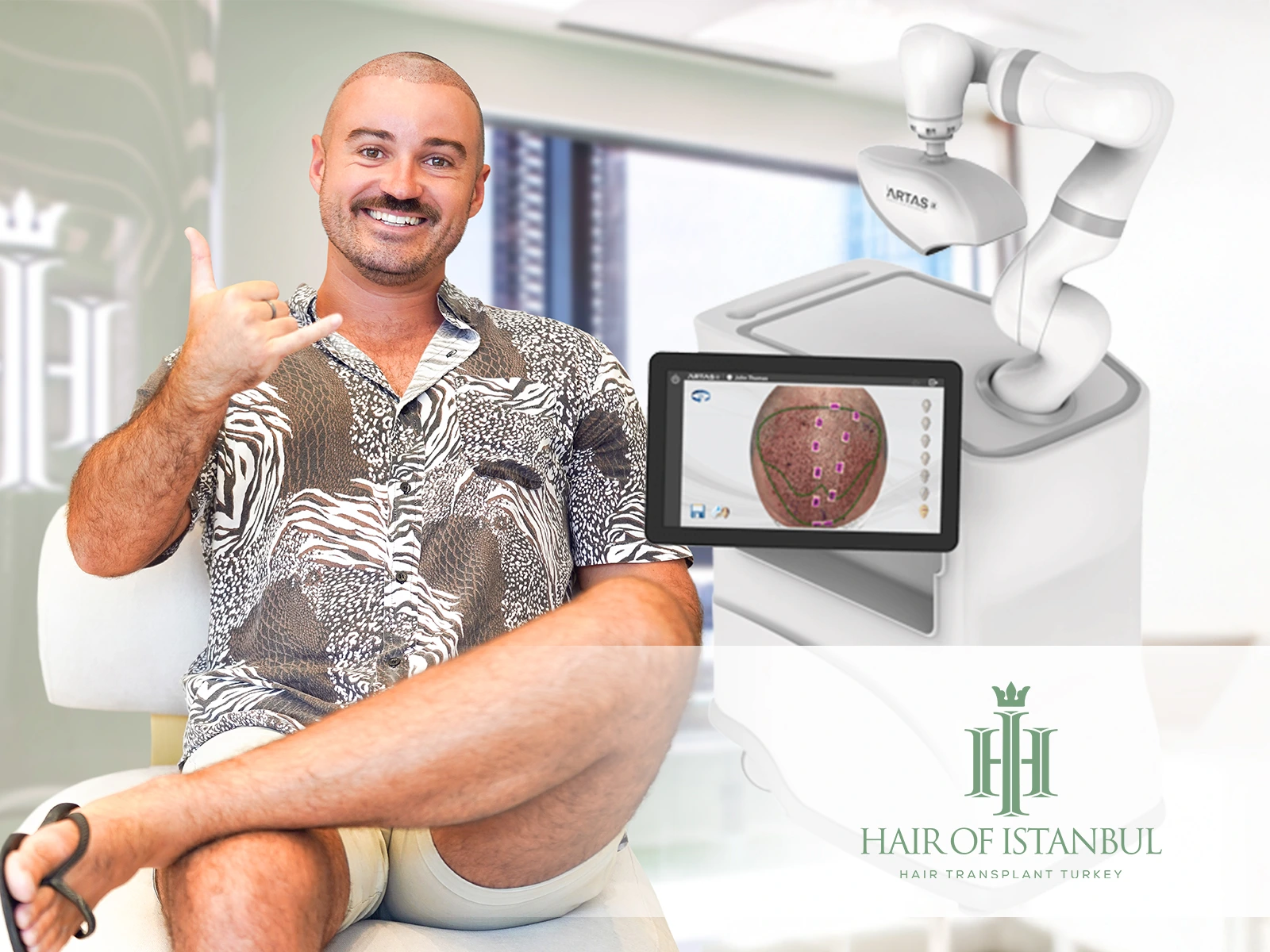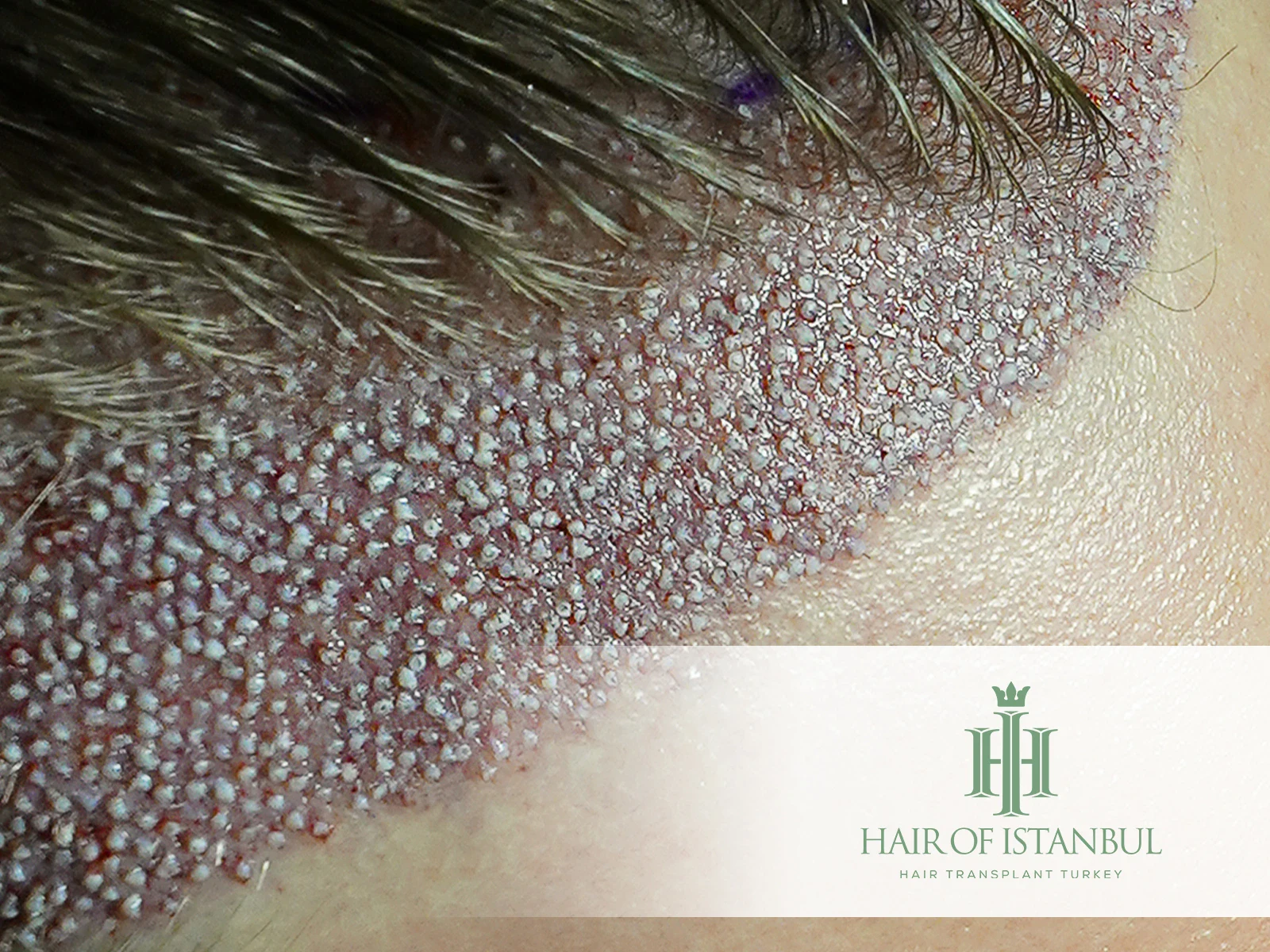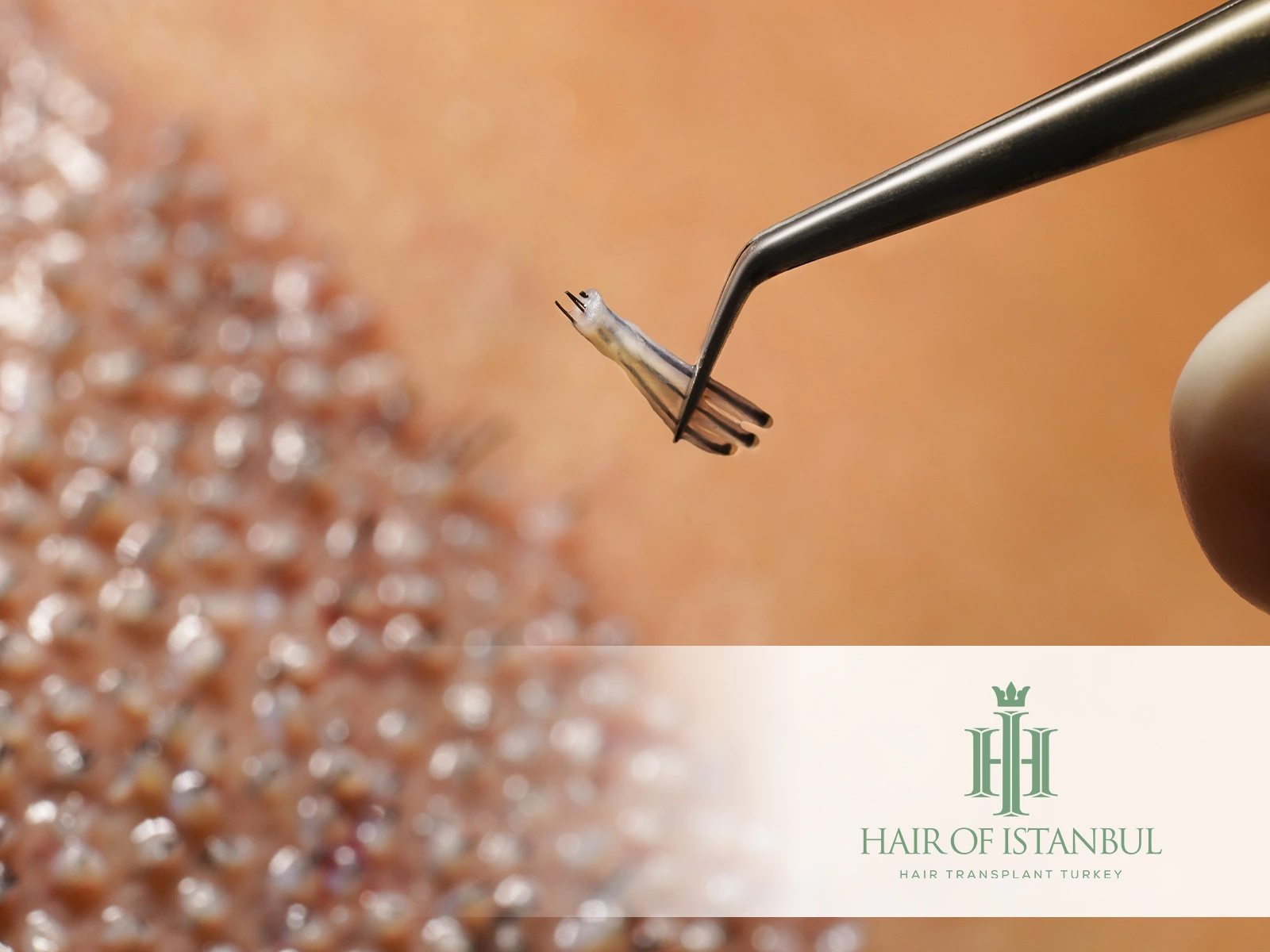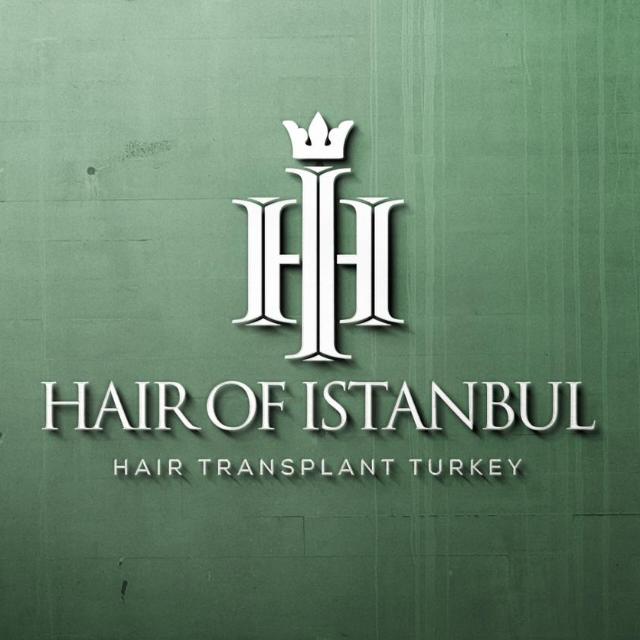Hair Transplant Scabs in 2025: Safe Aftercare Tips for Optimal Healing
Following a hair transplant, the formation of scabs is a natural part of the healing process. However, how you handle these hair transplant scabs can significantly impact your final results. Proper washing techniques help prevent infection, protect the grafts, and ensure smooth recovery.
Bu gönderiyi Instagram’da gör
Why Scabs Form After Hair Transplant
Scabs begin to form 24–72 hours after the procedure. These tiny crusts are your body’s way of protecting the newly implanted follicles. While hair transplant scabs are completely normal, improper washing or picking can:
Dislodge the grafts
Delay healing
Increase the risk of infection
Lead to patchy or uneven results
That’s why knowing how to manage and clean scabs is essential.
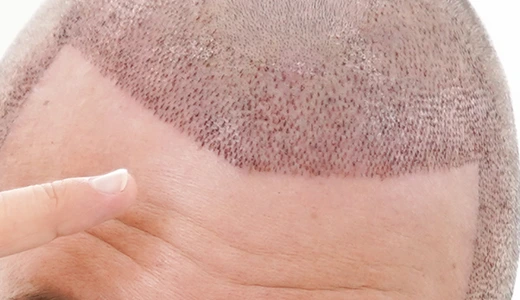
How to Wash Your Hair for Scabs After Hair Transplant
After hair transplant, to safely remove hair transplant scabs without harming the grafts, follow these proven steps:
Apply Moisturizing Foam
Use the provided foam to soften the scabs. Gently pat it onto the transplanted area and leave it for 20–30 minutes. This helps loosen the crusts without rubbing.
Use Lukewarm or Cold Water
Rinse your scalp using lukewarm or cold water. Never use hot water, as it may irritate the sensitive skin and damage healing tissue.
Shampoo with Light Touch
Dispense the medical-grade shampoo (e.g., Kérastase) into your hands. Apply it with soft, tapping motions across the scalp. Avoid pressure or circular rubbing.
Let Scabs Fall Naturally
Do not pick at scabs. They will fall off naturally within 7–10 days. Premature removal can compromise the implanted grafts.
Repeat Daily
Continue this gentle washing process daily until all scabs naturally shed.
Hair Transplant Scabs Timeline: What to Expect
Here’s a brief timeline of what typically happens with hair transplant scabs:
Day 1–3: Scabs begin to form
Day 4–7: Scabs harden and crust visibly
Day 8–10: Scabs begin falling off
Day 10+: Most scabs are gone, scalp appears clearer
This process is a key part of the hair transplant healing journey, and proper washing is what accelerates and stabilizes it.


